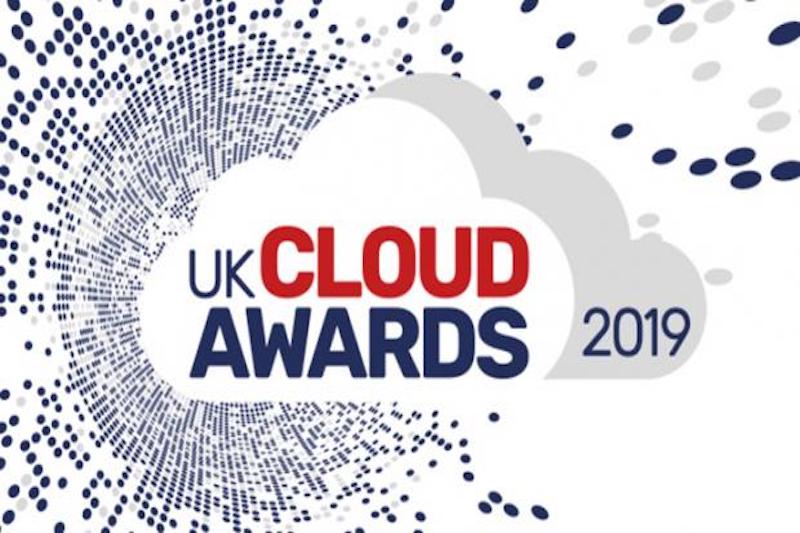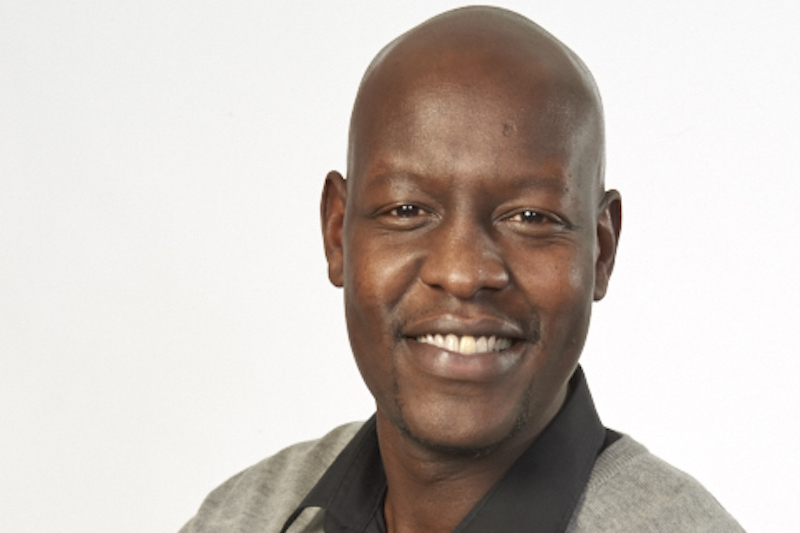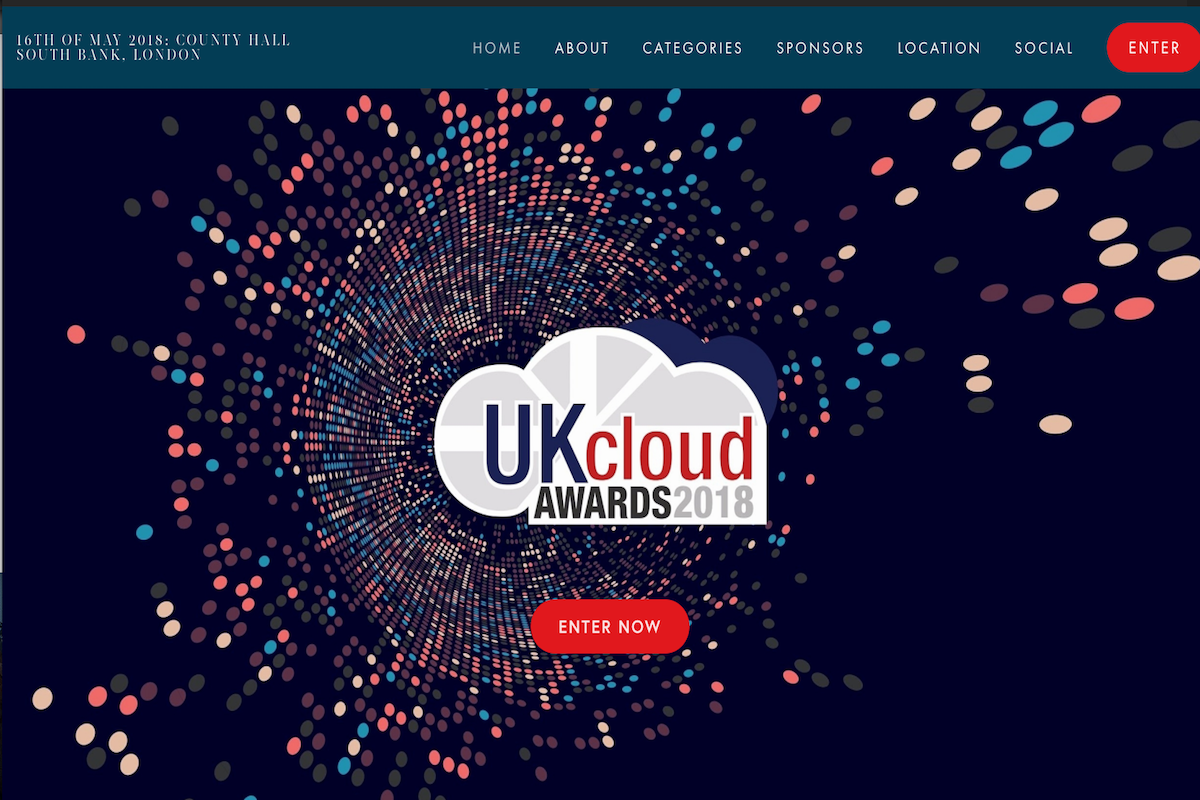UK Cloud Awards demonstrates health of cloud industry
The judges have been busy looking through the entries and Max Cooter is pleased with the volume and quality of nominations


What are the trends within cloud computing?
There are several answers to this: you can look at what the marketing gurus say are the hot topics – these are generally areas that are not even close to impacting on CIOs’ in-box though. They’re great for the Gartner Hype Cycle, but are often found hovering around the Peak of Inflated Expectations and have not even touched the Trough of Disillusionment.
This is the second year of the awards (the UK Cloud Awards, brought to you by Cloud Pro in association with CIF and sponsors HP, Ingram Micro and Microsoft) and the most gratifying aspect of the entries is how well defined cloud is now. Last year, there were a few entries that had only a minimal cloud content – the inference seemed to be that if there was some internet connectivity, then there had to be cloud. That’s not to say that all were like that – the shortlisted projects were excellent – but there seemed to be little understanding of the NIST definition of cloud computing – and those were the criteria we were using to make our assessments.
There is little doubt that the cloud market has matured and, rather unusually, a large part of this has been driven by the public sector. We’ve been so used to thinking that government computing is synonymous with boring and bland, that it comes as a surprise to read about interesting projects in both central and local government. One local authority in fact was nominated twice, by different companies, an indication of how far public sector computing will go in trying to shake up its image.
This is down to the work of several people: Mike Bracken, head of the government digital service; Liam Maxwell, the government’s chief technology officer,Francis Maude, the cabinet officer who drove many of the changes and - going back a bit -Chris Chant and Denise McDonagh who drove CloudStore (now Digital Marketplace).
When a government is willing to shake up technology, this change will trickle down to the private sector, and we’re seeing that many companies are looking to explore creative areas with cloud.
We were unsure what was going to happen with the awards for the second year: this time round we charged for entries and we were expecting slightly fewer. In fact, there was an increase in products, projects and provider categories of about 20 per cent. This year we attracted a lot more of the big guns: Dell, IBM, Microsoft, Salesforce, VMware all submitted entries - an endorsement for what we’re doing with the awards and recognition that the UK Cloud Awards do, genuinely, represent all that that is best about the UK cloud industry.
Sign up today and you will receive a free copy of our Future Focus 2025 report - the leading guidance on AI, cybersecurity and other IT challenges as per 700+ senior executives
There were some surprising aspects of the product entries. The only category where we had a fall in entries was security. This may reflect a belief that security is no longer the inhibitor for cloud that it once was or that the cloud security industry is a particularly mature one, having had to deal with those concerns for some years. Cloud management has taken over as the hottest topic, again, a reflection of the growing maturity of cloud as users try to get to grips with all the multifarious aspects of the technology.
One area where there has been a decline is in the number of entries for cloud personality of the year – although, gratifyingly, despite the fall in the actual entries, there are nearly twice as many people nominated. It’s certainly an area that we’d like to expand a lot more. The reason that cloud technology has reached the level of maturity that it has, is because of the work of a number of individuals.
As of the time of writing, the final winners have not been decided upon.We, the judges, are still ploughing through all the entries, so it’s too early to give a definite answer as to how the awards have changed this year. What has been mentioned so far are the headline trends.
Look out for the results of the awards: the shortlist is being announced on 25 February and the winners will be announced on 11 March at a ceremony at Canary Wharf. It promises to be a great night, the culmination of an important year for cloud … but then, aren’t they all now?
Max Cooter is a freelance journalist who has been writing about the tech sector for almost forty years.
At ITPro, Max’s work has primarily focused on cloud computing, storage, and migration. He has also contributed software reviews and interviews with CIOs from a range of companies.
He edited IDG’s Techworld for several years and was the founder-editor of CloudPro, which launched in 2011 to become the UK’s leading publication focused entirely on cloud computing news.
Max attained a BA in philosophy and mathematics at the University of Bradford, combining humanities with a firm understanding of the STEM world in a manner that has served him well throughout his career.
-
 I couldn’t escape the iPhone 17 Pro this year – and it’s about time we redefined business phones
I couldn’t escape the iPhone 17 Pro this year – and it’s about time we redefined business phonesOpinion ITPro is back on smartphone reviews, as they grow more and more intertwined with our work-life balance
-
 When everything connects, everything’s at risk
When everything connects, everything’s at riskIndustry Insights Growing IoT complexity demands dynamic, automated security for visibility, compliance, and resilience
-
 CDW confirmed as headline sponsor for UKCA 2019
CDW confirmed as headline sponsor for UKCA 2019News Tech solutions and services firm shows support for this year's UK Cloud Awards
-
 Q&A: Jez Back, UKCA head judge
Q&A: Jez Back, UKCA head judgeIn-depth We talk about all things cloud with the head judge of the UKCA 2019...
-
 Q&A: Apay Obang-Oyway, Ingram Micro
Q&A: Apay Obang-Oyway, Ingram MicroIn-depth We chat to the director of cloud and software about the important role cloud plays in business success
-
 The UK Cloud Awards 2018 are open for business
The UK Cloud Awards 2018 are open for businessNews Now in their fifth year, the awards celebrate the great and the good in the UK cloud industry…
